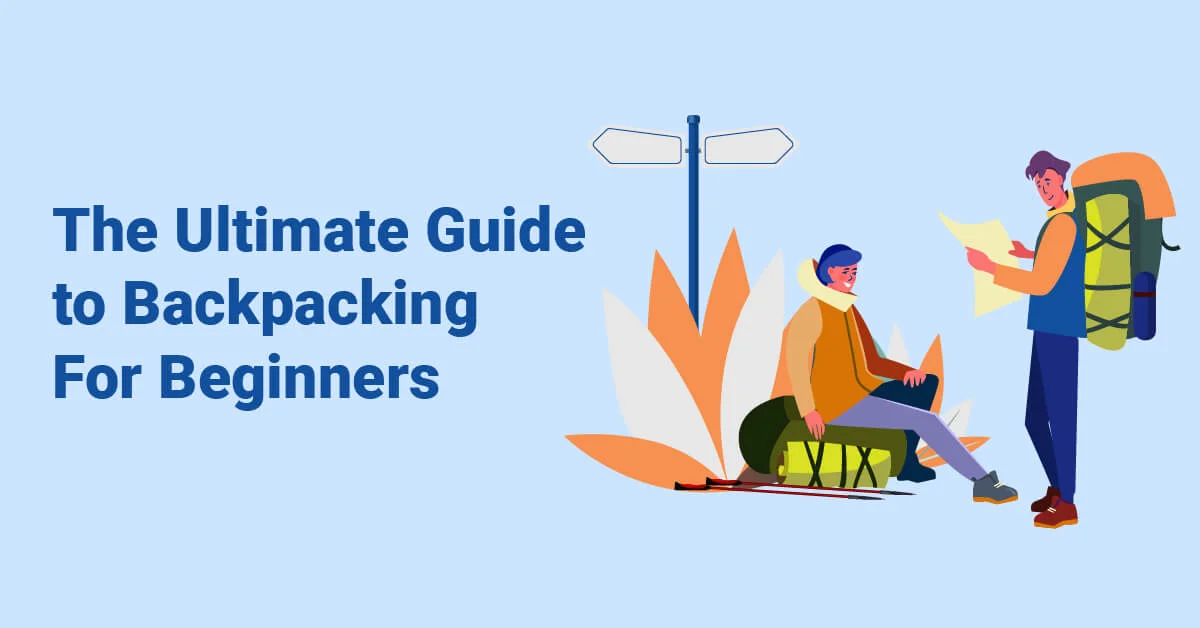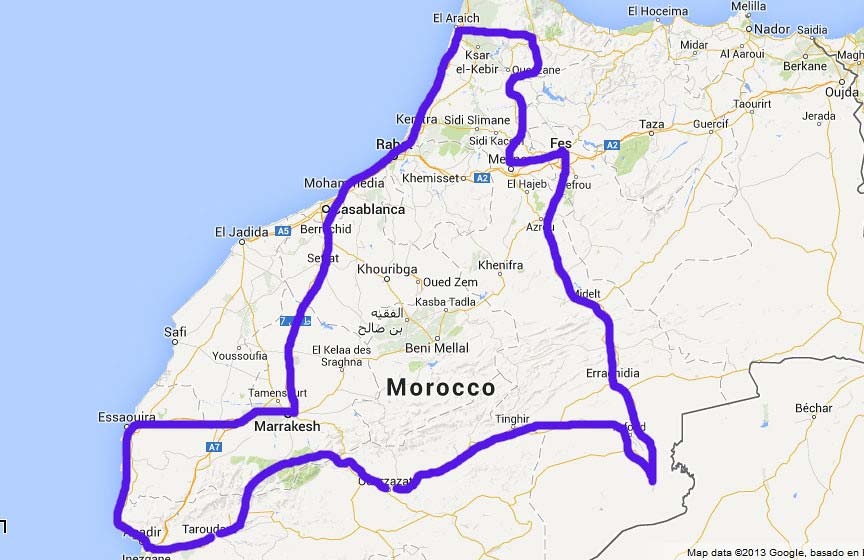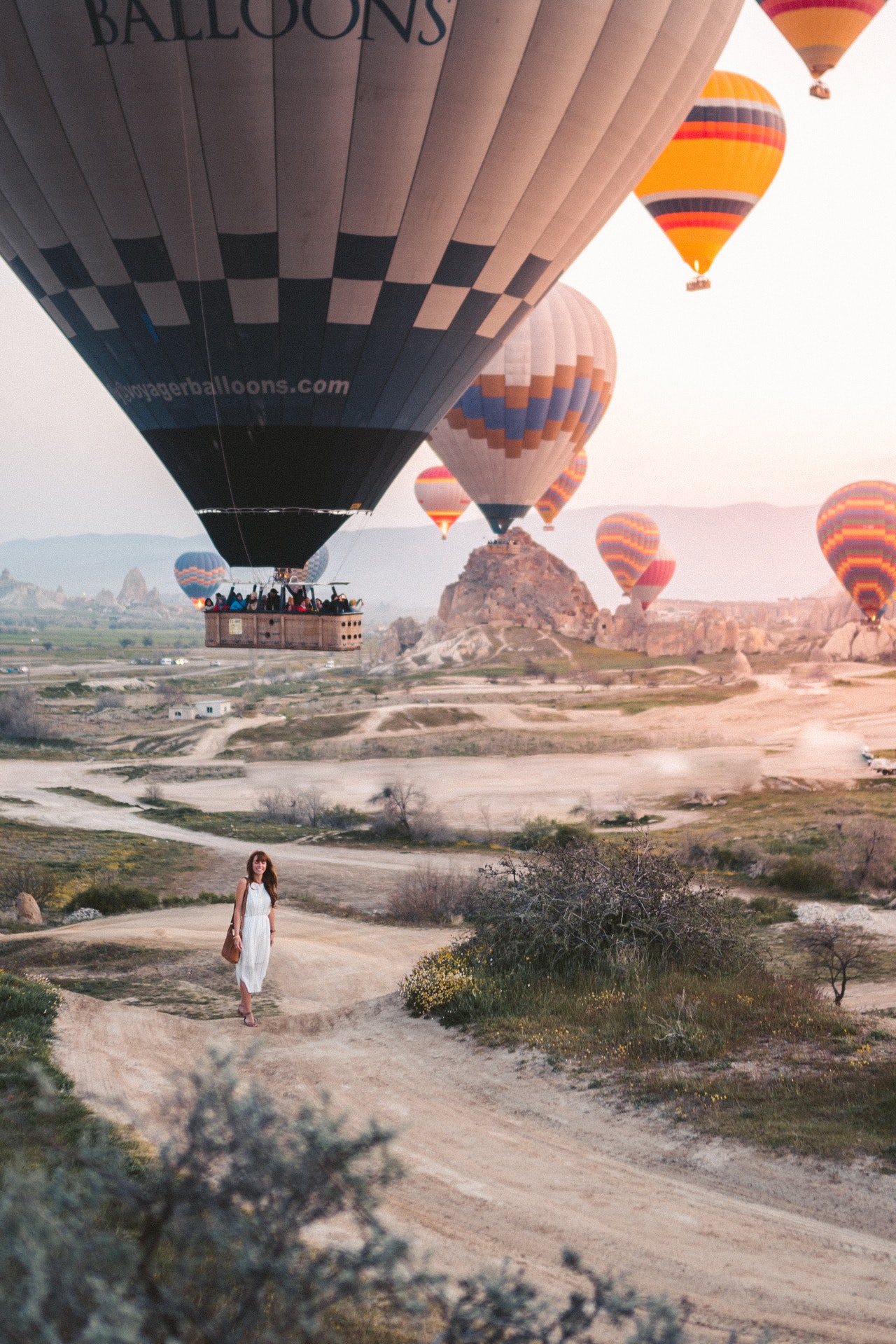Table of Contents
Backpacking is an adventurous activity that involves carrying your essential belongings in a backpack while exploring new places. It is an exciting way to explore nature, challenge yourself, and experience life outside your comfort zone. However, backpacking for beginners can be overwhelming, especially if you don’t know where to start. In this article, we’ll guide you through everything you need to know about backpacking for beginners, including what to pack, where to go, safety tips, and more. Let’s get started!
Choosing the Right Gear for Backpacking for Beginners
The first step to successful backpacking is choosing the right gear. You want to be well-prepared without carrying too much weight on your back. Essential gear for backpacking for beginners includes a good quality backpack, a tent, a sleeping bag, a sleeping pad, and hiking boots. When shopping for gear, make sure you prioritize quality over cost. Low-quality gear can break down quickly and ruin your backpacking experience.
Preparing for Your Backpacking Trip
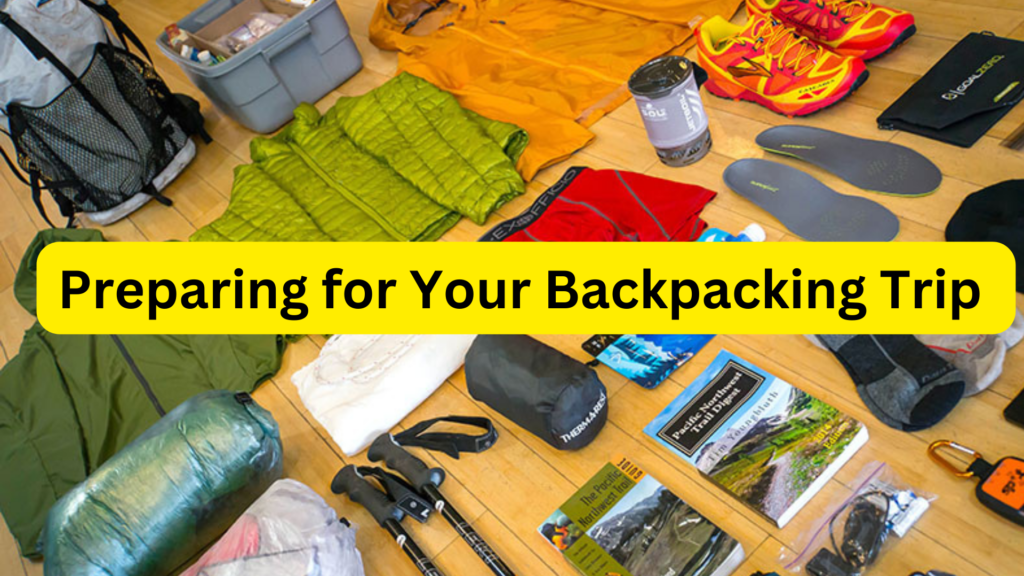
Once you have your gear, it’s time to prepare for your backpacking trip. This includes researching the destination, checking the weather forecast, and planning your route. Make sure you have enough food and water for the duration of your trip and don’t forget to pack a first aid kit. It’s also essential to let someone know where you’ll be going and when you plan to return.
Choosing a Backpacking Destination

Choosing the right destination is crucial for a successful backpacking trip. As a beginner, you may want to start with a popular and well-established trail. This will ensure that you have access to facilities and support in case of an emergency. Some great backpacking destinations for beginners include national parks, state parks, and wilderness areas.
Safety Tips for Backpacking for Beginners
Safety should always be a top priority when backpacking. Before you leave, make sure you are aware of any potential hazards and how to avoid them. Some safety tips for backpacking for beginners include packing extra food and water, knowing how to use a compass and map, wearing appropriate clothing, and being aware of your surroundings. You should also know how to handle wildlife encounters and be prepared for emergencies.
Backpacking Etiquette for Beginners
When backpacking, it’s important to follow proper etiquette to minimize your impact on the environment and other hikers. This includes staying on designated trails, packing out all trash, respecting wildlife and other hikers, and keeping noise to a minimum. Remember, you are a guest in nature, and it’s your responsibility to protect it.
Tips for Packing Light on Your Backpacking Trip
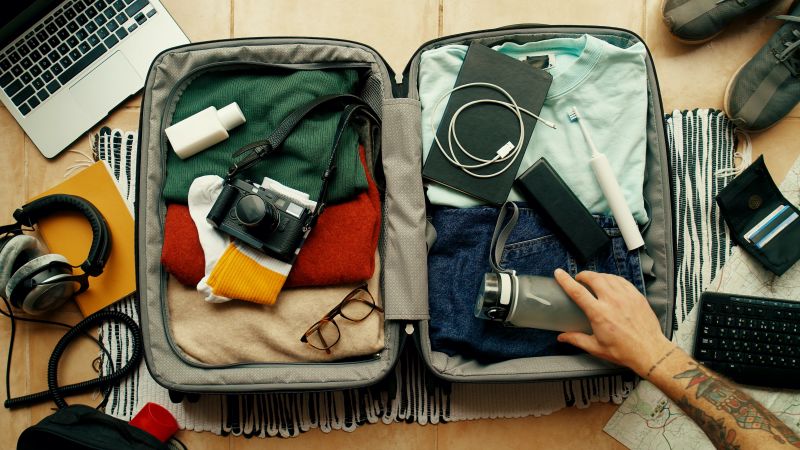
One of the most challenging parts of backpacking is packing light while still having everything you need. To do this, prioritize lightweight and multipurpose items. For example, choose a lightweight and compact stove instead of a bulky one. Bring clothes that can be layered for warmth, and leave non-essential items at home. Remember, every ounce counts when you’re carrying everything on your back.
Budgeting for Your Backpacking Trip
Backpacking can be an affordable way to travel, but it’s essential to budget for your trip. Consider the cost of gear, transportation, food, and camping fees when planning your trip. You can save money by renting gear or buying used equipment. Also, consider camping in free or low-cost areas, like national forests. You can also save money on food by bringing your meals instead of eating out. Planning your budget will help you avoid unexpected expenses and ensure that you have enough money to enjoy your trip.
Getting in Shape for Backpacking for Beginners
Backpacking can be physically demanding, so it’s essential to get in shape before your trip. Start by incorporating cardio and strength training into your exercise routine. Hiking with a weighted backpack is also an excellent way to prepare for the physical demands of backpacking. Remember to start slowly and gradually increase your intensity to avoid injury. The better shape you’re in, the more you’ll enjoy your backpacking experience.
Conclusion
Backpacking for beginners can be an unforgettable experience that allows you to connect with nature, challenge yourself, and create lifelong memories. With the right gear, preparation, and safety measures, you can enjoy all the benefits of backpacking without feeling overwhelmed. Remember to choose a well-established trail, pack light, and follow proper etiquette to minimize your impact on the environment. Whether you’re planning a short overnight trip or a multi-day adventure, backpacking is a great way to explore the great outdoors and discover your inner adventurer.
